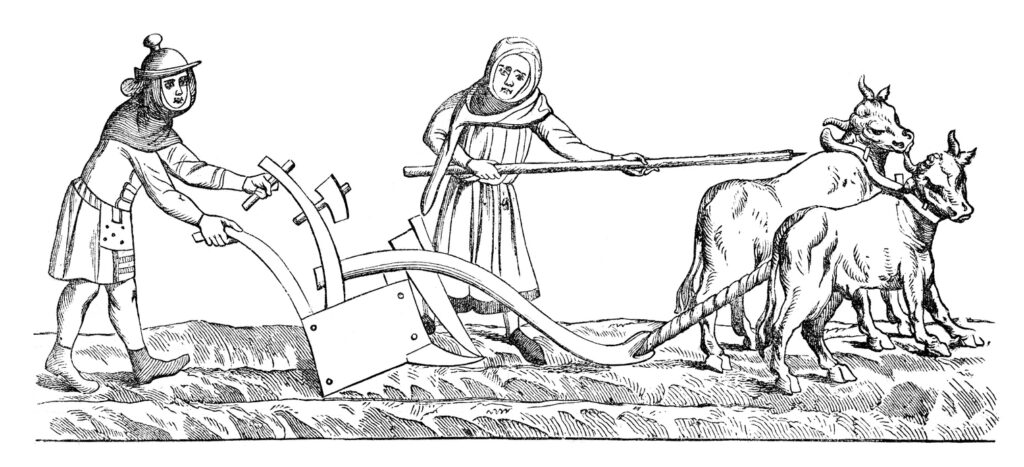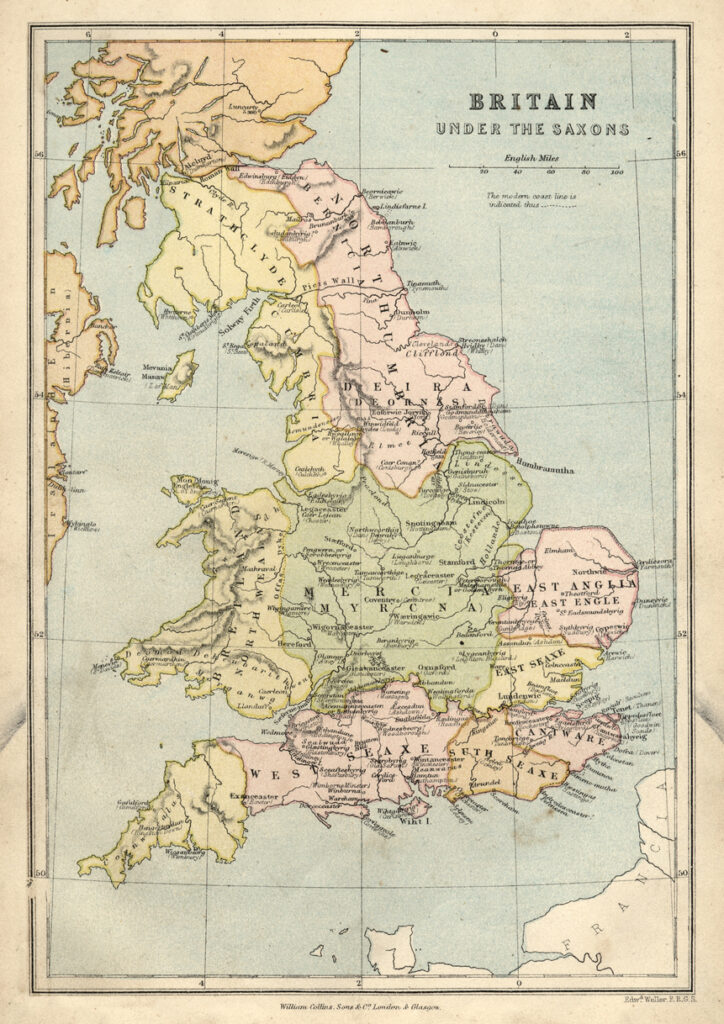There is perhaps no more important year in England’s history than 1066, the year that William the Conqueror became William I after defeating Harold Godwinson at the Battle of Hastings.
During his reign, William changed the face of English life, implementing a feudal system which placed him firmly at the topic of English society.
As well as this, the existing English aristocracy was replaced by Norman loyalists to ensure that England remained under William’s control.
It wasn’t just the aristocracy though, William had Hastings Castle built in the immediate aftermath of the Norman invasion. The castle did – and still does – tower over the port of Hastings providing a good vantage point.
If all that wasn’t enough to keep him busy, he also made it his mission to wrestle control of law and order in England by introducing a series of laws and punishments. Let’s explore more about how life in England changed post-1066.
Life in Norman England
The most significant change to English life was the introduction of a strict feudal system. This hierarchical system puts the monarch at the top, nobles underneath them, knights below them, and peasants at the bottom of the social ladder.
Ordinary people, known as villeins, exchanged their time and labour tending to a Lord’s land in exchange for protection from the Lord and a steady source of food and shelter.
The main food source was simple foods such as stews, bread, and vegetables such as cabbage and leek, while noblemen and women might feast on richer foods such as game meats.

We’ve also got the Normans to thank for our last names. The Normans brought the idea of last names to differentiate people who shared the same forename – how had no one thought of this before?
Life wasn’t all farming and eating, though. The Normans were known for their no-nonsense approach to crime with plenty of new laws and a few new punishments introduced to deter people from going against the Kings’ laws.
Did the Normans introduce new laws?
Before the Norman rule, if you committed a crime, you were expected to compensate the family you had wronged. When William came into power, he changed this so that you would have to pay the court (and the king) the compensation.
As the feudal system was introduced, the King wanted to simplify land ownership. Once the Normans conquered England, they introduced a system which rewarded the King’s closest supporters with large pieces of land to manage on his behalf, rather than the monarchy controlling land as they had before.
The very basics of police forces were continued too with sheriffs being introduced to England and Posse comitatus (meaning power of the country) helping them to keep the King’s peace.
Did the Normans introduce new punishments?
During the Norman reign, most punishments remained, including the use of capital punishment and corporal punishment, which saw a stark increase during this period.
The new king saw crime as a way to increase income for the crown, introducing fines paid to the crown as a form of punishment. One such fine was the murdrum fine.
This meant that if a person was murdered and the culprit was not found within 5 days, the local community would all pay a fine to the crown. This served as a deterrent for murder but also provided a handsome fee to the king should a murder take place.
William also introduced laws to protect forests, outlawing the felling of trees and he prevented anyone living in forests from owning bows and arrows to protect the wildlife within it, something that modern conservationists consider to be the first laws in England aimed to deter poachers.
The Harrying of the North
William sought to prove that he would not stand for law-breaking or uprisings after his conquest, and he demonstrated this with brutal effectiveness during the Harrying of the North.
After William’s newly appointed Earl of Northumbria, Robert de Comines was murdered in Durham, William decided that the North had become too troublesome and wanted to prevent any uprisings from developing out of Northumbria, which at the time spread as far down as modern-day Cheshire.

During the harrying, William systematically destroyed crops, livestock and housing, displacing thousands of people and ultimately leading to the deaths of many innocent people.
The Harrying of the North served as a reminder to the people of England that the King’s laws must be obeyed or there would be harsh consequences.
The laws and punishments implemented during the time of William I are only scratching the surface of England’s wonderful, and often colourful, history.
At Smuggler’s Adventure, we love to share this incredible history with all our visitors’ using displays and interactive areas. As our name would suggest, these caves really were used to smuggle valuable booty hundreds of years ago.
If you’d like to learn more about the illustrious history of England, book your tickets to Smuggler’s Adventure today and take a tour through our caves! While you’re close by, why not also visit Hastings Castle? Here, you can discover the history of Britain’s first Norman castle built by William the Conqueror after the Battle of Hastings.
